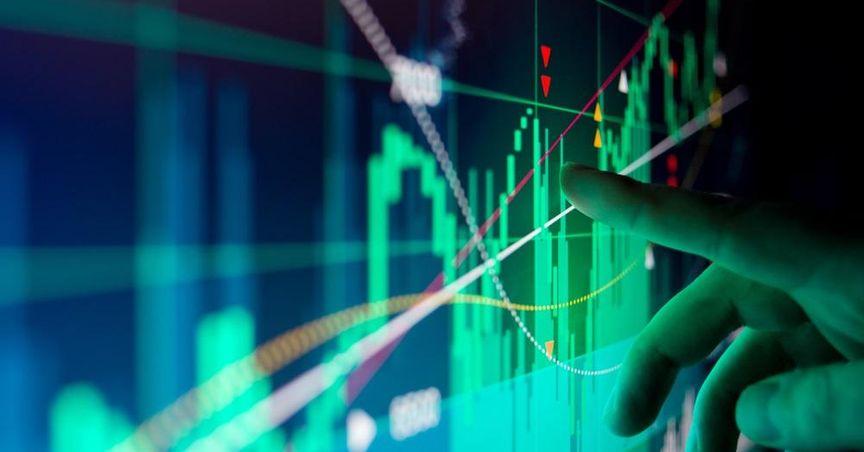Highlights
New research uncovers limited catch data disclosure among major tuna firms, raising concerns over opaque harvesting.
Most industrial vessels operate with tracking systems switched off, hindering visibility on stock extraction.
Some FTSE-linked firms extract tuna from species classified as threatened, with low reporting on sustainability.
The global tuna sector, which includes companies listed on key indices like the FTSE 100 and FTSE 350, has come under scrutiny following the latest findings from Planet Tracker. The study identifies a widespread lack of catch data transparency among the top industrial tuna harvesters. Companies such as Maruha Nichiro, Dongwon, Bolton Group, and Sajo, some of which are linked to operations on the London Stock Exchange via international subsidiaries or partnerships, have minimal reporting on tuna harvests, species composition, or fishing zones.
Minimal Disclosure Across Top Harvesters
The analysis focused on the largest thirty industrial tuna harvesters, referred to in the report as the Tuna 30. Despite contributing a significant share of the global tuna catch, only a small number of these companies disclose their catch volumes. Even fewer provide further data such as catch methods or locations. Bolton Group stands as the sole firm among the thirty to publicly release such comprehensive information. This lack of transparency creates difficulty in tracking practices tied to overfishing, threatened species, and marine ecosystem impact.
"Dark" Fishing Remains Pervasive
A substantial portion of the tuna caught by these companies is categorized as "dark" — meaning no publicly available ownership or traceable satellite data is linked to the fishing vessels involved. The study highlights that many industrial ships operate without their Automatic Identification System (AIS) activated for extended periods. This absence of real-time vessel tracking raises compliance concerns related to sustainable harvesting and regional stock management.
Threatened Stocks and Company Exposure
Among the Tuna 30, several companies, including Albacora, Maruha Nichiro, and Dongwon, were identified as harvesters of tuna species listed as threatened. The report indicates that firms such as SAPMER and China National Agricultural Development Group have notable portions of their catch coming from tuna stocks that are no longer classified as healthy. These companies, due to either direct or indirect affiliations, could have operational relevance to markets monitored by indices such as the FTSE AIM UK 50 Index.
Impact on Sustainability Assessments
Due to limited disclosures, evaluating company-level practices related to sustainability certifications or fishing methods remains difficult. Even for companies associated with FTSE Dividend Yield scans, the lack of visibility into their operational footprint complicates the ability to assess long-term commitments to sustainable fishing.
Importance of Enhanced Monitoring
Planet Tracker’s research, based on Global Fishing Watch data, reconstructed tuna catch volumes by species and location for over two thousand industrial vessels. For the first time, this information has been attributed to specific corporate entities and countries. The report underlines that increased transparency in catch documentation is essential not only for ecosystem preservation but also for accurate market disclosures on company practices.
As tuna stocks face long-term pressure from harvesting activities, enhancing vessel tracking and company reporting is viewed as a foundational step toward maintaining ecological and operational balance within the global fishing economy.





